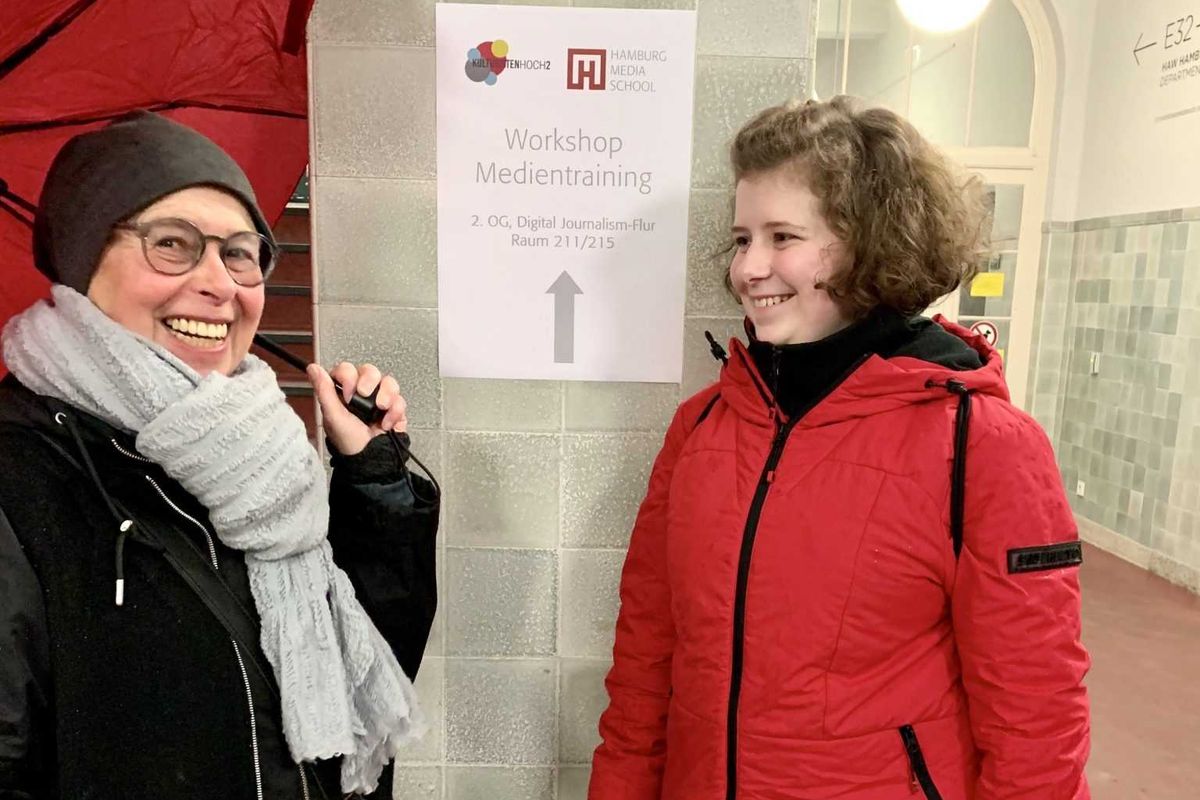It's not just about inclusivity — here are six other benefits to boys and girls playing.
It's not just the trendy thing to do.
Have you ever walked past a playground and seen groups of girls playing separately from groups of boys?
Sure, really young kids may not be very discerning in their choice of play partners, but once kids become aware of their gender, they often silo off into their respective gendered groups. Girls may start gathering in a group that plays with dolls or puzzles, while boys may prefer to get dirty and play fight.

And while there's nothing wrong with some separation, if it becomes the norm, over time it could end up working against kids as they come into their teen years. If they aren't encouraged to play with kids of the opposite sex, they might eventually feel like they aren't meant to, or that they aren't welcome in those groups.
Even though the 'boys only' clubhouse from "The Little Rascals" might sound like an extreme example, it's not a far cry from what women still experience in certain professions that remain more male-dominated — these women end up feeling like they aren't welcome.

Thankfully, however, more and more youth programs are encouraging boys and girls to play together in order to help break down the barrier before it develops.
And this style of play isn't just helping kids feel included. There are many other benefits to inclusivity. Here are 6 of them:
1. It can help kids work together more effectively later in life.
Since boys and girls' brains and bodies are somewhat different, how they interact with the world also tends to diverge. But, if they're allowed to play together from an early age, they'll learn to adapt to each other's styles of interacting, which should help them communicate better as adults.

Dr. Gail Saltz, Associate Professor of Psychiatry at the NY Presbyterian Hospital Weill-Cornell School of medicine and the author of Amazing You, elaborates:
"Children learn from being exposed to new ideas. They learn coping skills from being exposed to and having to manage compromising with others who play differently, they learn tools regarding collaboration, disagreement, compromise, resolving conflict, delayed gratification and frustration tolerance."
2. When boys play with girls, they may be more well-behaved
Both a 2001 study of preschoolers and a 2011 study of adolescents found that regular interaction between the sexes both during and after school leads to an overall decrease in aggression in boys. So if you have a boy who's prone to outbursts, it might be helpful to set up some playdates with girls in his class.
3. Making all toys fair game helps build confidence in both genders.

If there's no separation between toys and activities, both boys and girls will feel more confident to explore the things they're drawn to, regardless of the gender it might've originally been associated with.
"By allowing boys and girls to play together with a variety of toys, including trucks, cars, play dough, musical instruments, dolls, puppets, and legos, you’re teaching that both genders are equal and okay," explains Katie Ziskind, a licensed marriage and family therapist (LMFT), in an email. "Puppets and music are great gender neutral toys for expressive and creative play. "
4. Inclusivity can help promote creative thinking.

Piggy-backing on that idea from the first point above, when boys and girls get comfortable interacting with each other, they learn to be more accepting and sensitive to behaviors that are a bit different from their own. They also pick up new ways of relating, thinking and feeling, which can ultimately help them develop into more well-rounded people.
"Some of our most innovative thinking comes from exploring the area of overlap in thinking between two disparate minds," notes Dr. Saltz.
5. Parents can personally benefit too.
Kids certainly learn behaviors from their parents, but it goes both ways. If kids start being more accepting and positive towards the opposite sex, it may encourage their parents to be more mindful about their behavior as well.
This is also an important lesson for parents who want to show their kids why it's important to be accepting of everyone. When you show your kids what that looks like, they'll be more inclined to follow suit.
6. It helps emphasize the importance of the individual.

When kids are free to play any way they want with whomever they want, it helps them feel less inhibited by stereotypes that still exist in the world around them. It also encourages them to express who they are or want to be, and embrace all their eccentricities rather than shy away from them.
Encouraging kids to try different things, even if they're the only girl or boy doing it, will ultimately help them find their way in life, and realize that there's nothing wrong with taking the road less traveled. In fact, they'll probably better off for it.
All this is not to say that boys and girls should never play separately. However, since that's more often the default, it's important to realize the benefits of a neutral play zone, too.
"Playing together as children teaches females that they can be strong, physically active, and have a career one day while being a leader in the workplace," writes Ziskind. "Men are taught that it’s okay to cry, that being emotional is a sign of deeper strength and wisdom, and to nurture themselves."
There are so many wonderful things about us that can help us be happier and more comfortable in our own skin. Knowing that, it only makes sense to inspire inclusivity in kids from the moment they start to play with others.



 A UPS truck with package deliveries.Image via Wikipedia
A UPS truck with package deliveries.Image via Wikipedia
 Cher was the biggest phenomenon on the planet for the better part of the '70s and '80s.Casblanca Records/
Cher was the biggest phenomenon on the planet for the better part of the '70s and '80s.Casblanca Records/

 A high school volunteer with her senior "tandem."
A high school volunteer with her senior "tandem."  KH2 makes leaving the house more accessible to senior citizens.
KH2 makes leaving the house more accessible to senior citizens.  Many "culture buddies" stay in contact after the program ends.
Many "culture buddies" stay in contact after the program ends.  KH2 provides students with excellent life skills and lasting connections.
KH2 provides students with excellent life skills and lasting connections. 
 Parents posing with their young kids on a basketball court. via
Parents posing with their young kids on a basketball court. via